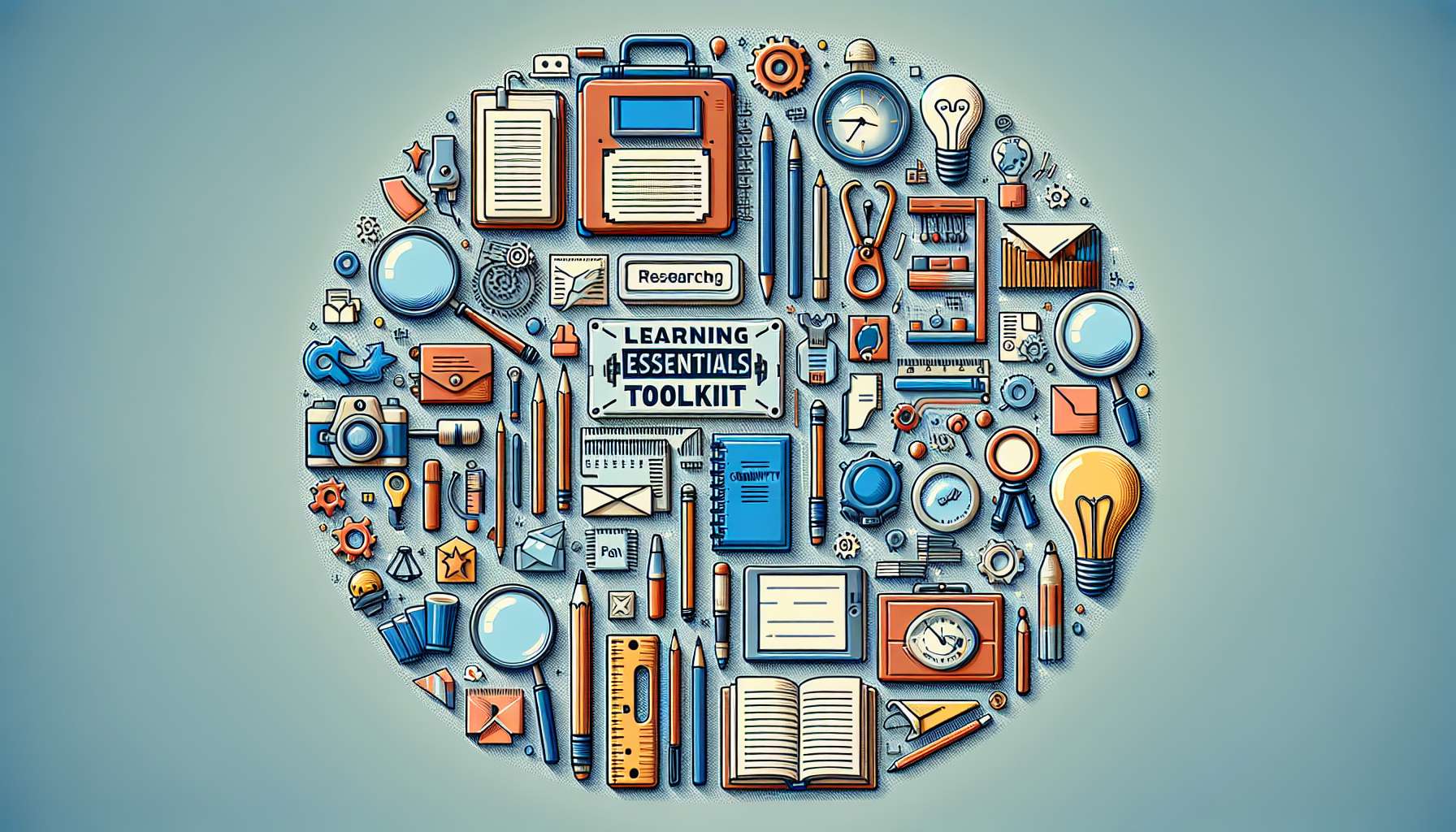The Knowledge Mastery Handbook: Unlocking the Secrets of Learning
Knowledge is power, and mastering it is a skill that can propel individuals to new heights of success. In today’s fast-paced world, where information is readily available at our fingertips, the ability to effectively acquire, retain, and apply knowledge is more crucial than ever. This is where the Knowledge Mastery Handbook comes into play, offering a comprehensive guide to help individuals harness the full potential of their learning capabilities. In this article, we will delve into the depths of the Knowledge Mastery Handbook, exploring its various facets, applications, and implications.
The Evolution of Knowledge Mastery
The concept of knowledge mastery has a rich history, dating back to ancient civilizations where scholars and philosophers sought to understand the world around them. Over the centuries, various learning techniques and strategies have been developed to enhance one’s ability to acquire and retain information. The Knowledge Mastery Handbook builds upon this legacy, incorporating modern research and best practices to provide a framework for effective learning in the digital age.
One of the key aspects of knowledge mastery is the concept of metalearning, or learning how to learn. By understanding the cognitive processes involved in acquiring new information, individuals can optimize their learning strategies and adapt them to different subjects and contexts. The Knowledge Mastery Handbook delves into the principles of metalearning, offering practical tips and exercises to help readers become more efficient and effective learners.
The Components of the Knowledge Mastery Handbook
The Knowledge Mastery Handbook is divided into several sections, each focusing on a specific aspect of learning and knowledge acquisition. From memory techniques to critical thinking skills, the handbook covers a wide range of topics designed to help individuals become lifelong learners. Some of the key components of the handbook include:
Memory Mastery
One of the foundational elements of knowledge mastery is memory. The ability to retain and recall information is essential for learning, and the Knowledge Mastery Handbook provides strategies to enhance one’s memory capacity. From mnemonic devices to spaced repetition techniques, readers will learn how to improve their memory retention and recall, enabling them to learn more effectively and efficiently.

Critical Thinking
Critical thinking is another crucial skill emphasized in the Knowledge Mastery Handbook. By honing their analytical and problem-solving abilities, individuals can evaluate information more effectively and make sound decisions. The handbook offers exercises and case studies to help readers develop their critical thinking skills, empowering them to navigate complex issues and arrive at informed conclusions.

Information Processing
In today’s information age, the ability to process and synthesize vast amounts of data is essential. The Knowledge Mastery Handbook explores techniques for efficient information processing, such as mind mapping and speed reading. By mastering these skills, individuals can sift through the noise and extract key insights, enhancing their overall learning experience.
Metacognition
Metacognition, or thinking about one’s thinking, plays a crucial role in knowledge mastery. By reflecting on their learning processes and strategies, individuals can identify areas for improvement and optimize their approach to learning. The Knowledge Mastery Handbook encourages readers to engage in metacognitive practices, fostering a deeper understanding of their own learning styles and preferences.
Applications of Knowledge Mastery
While the Knowledge Mastery Handbook is designed for individual learners, its principles can also be applied in various contexts, such as education, business, and personal development. Educators can leverage the handbook’s strategies to enhance their teaching methods and help students become more effective learners. In the business world, knowledge mastery can drive innovation and problem-solving, leading to more agile and competitive organizations. For personal development, the handbook offers a roadmap for self-improvement and lifelong learning, empowering individuals to reach their full potential.
Expert Opinions
We reached out to experts in the field of learning and cognition to gather their insights on the importance of knowledge mastery. Dr. Sarah Johnson, a cognitive psychologist, emphasized the role of metacognition in effective learning, stating that “By understanding how we learn, we can optimize our study habits and enhance our memory retention.” Dr. Michael Chen, an education researcher, highlighted the significance of critical thinking skills in today’s information-rich environment, noting that “The ability to evaluate and analyze information is crucial for success in both academic and professional settings.”
Common Misconceptions
There are several misconceptions surrounding knowledge mastery, with some people believing that it is an innate talent rather than a skill that can be developed. However, research has shown that with the right strategies and techniques, anyone can improve their learning abilities and become a more effective learner. Another common misconception is that knowledge mastery is only relevant in academic settings, when in fact, it has broad applications in various areas of life, from career advancement to personal growth.
Comparative Analysis
When compared to other learning frameworks and methodologies, the Knowledge Mastery Handbook stands out for its comprehensive approach to learning. While traditional education focuses on the transmission of information, knowledge mastery emphasizes the development of critical thinking, metacognitive skills, and memory techniques. This holistic approach enables individuals to become more autonomous and self-directed learners, capable of navigating the complexities of the modern world.
FAQs
1. How can I improve my memory retention?
The Knowledge Mastery Handbook offers several memory techniques, such as visualization and association, to help enhance your memory capacity.
2. What is metacognition, and why is it important?
Metacognition refers to thinking about one’s own thinking processes. It is crucial for effective learning as it allows individuals to monitor and regulate their cognitive processes.
3. Can knowledge mastery be applied in the workplace?
Absolutely! The principles of knowledge mastery, such as critical thinking and information processing, are highly relevant in professional settings and can help individuals excel in their careers.
To Wrap Things Up
The Knowledge Mastery Handbook is a valuable resource for anyone looking to enhance their learning abilities and unlock their full potential. By mastering the principles outlined in the handbook, individuals can become more efficient, effective, and lifelong learners. Whether you are a student, educator, or professional, the insights and strategies provided in the Knowledge Mastery Handbook can help you navigate the complexities of the modern world and achieve success in your endeavors. So why wait? Dive into the world of knowledge mastery today and embark on a journey of continuous learning and self-improvement.




